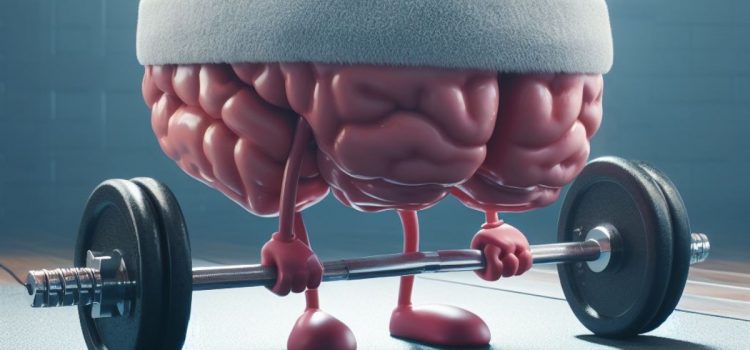

This article is an excerpt from the Shortform guide to "Huberman Lab". Shortform has the world's best summaries and analyses of books, podcasts, and more.
Like this article? Sign up for a free trial here.
Do you want to be more emotionally resilient? How do the seasons affect people with depression?
In an episode of Huberman Lab, Dr. Andrew Huberman delves into the significance of structured mental health tools for building emotional resilience. He stresses that well-managed self-care practices can preempt emotional crises, especially for those with seasonal depression.
Discover more about the impact of resilience on mental health improvement.
Tools for Boosting Emotional Resilience
Psychological resilience, the ability to cope with and recover from crises, is a crucial aspect of mental and emotional well-being. To understand the concept of emotional resilience in mental health, it’s helpful to have background knowledge about mental health and self-care practices. Emotional resilience involves using mental processes and behaviors to protect oneself from the negative effects of stressors. It’s difficult to measure and define precisely due to its multifaceted nature. However, most definitions revolve around two key concepts: adversity and positive adaptation.
Speaking from personal experiences, Dr. Huberman discusses how self-care and nervous system management contribute to emotional resilience, delineating it from mere responses to emotionally charged moments.
Sharing personal anecdotes, he credits therapeutic experiences for his behavioral changes, particularly in managing impulsivity, illustrating the transformative power of consistent self-care practices.
Self-care practices play a transformative role in building emotional resilience. Consistent engagement in activities that promote physical, mental, and emotional well-being can enhance one’s ability to bounce back from challenges. Additionally, exploring the subconscious mind can contribute to emotional well-being by uncovering underlying thoughts, feelings, and behaviors that may influence resilience levels.
Delving Into the Subconscious With Psychiatry
In collaboration with psychiatrist Paul Conti, Huberman examines transitions between sleep and wakefulness to better understand the subconscious, employing methods like mirror work for deeper self-exploration. Their research sought to clarify how we can interpret and harness the guidance of dreams, which could include understanding subconscious symbols.
Dr. Conti’s approach to exploring the subconscious also involves affordable and straightforward techniques like mirror work, providing individuals with tools for introspective evaluation.
Managing Seasonal Affective Disorder Through Light
Huberman sheds light on the impact of circadian rhythms and sunlight exposure on combating seasonal depression. He recommends a practical method of coping with seasonal depression by gradually increasing morning light exposure, which can trick the brain into experiencing longer days.
He specifically mentions the use of a 900 lux drawing tablet as a cost-effective alternative to more expensive SAD lamps, suggesting its incorporation into a morning routine to effectively manage the symptoms of seasonal depression.
Circadian rhythms also impact emotional well-being as they regulate our sleep-wake cycle over a 24-hour period. Seasonal affective disorder (SAD), a type of depression occurring during certain seasons with reduced sunlight exposure like winter, highlights the importance of managing circadian rhythms for maintaining good mental health.

———End of Preview———
Like what you just read? Read the rest of the world's best guides to Huberman Lab" at Shortform.
Here's what you'll find in our full Huberman Lab episode summaries:
- How science can be applied to improve your daily life
- Information about key scientific tools and how they impact society
- How technology, biology, and health are connected






